13 Great Oscar-Winning Performances That Still Hold Up
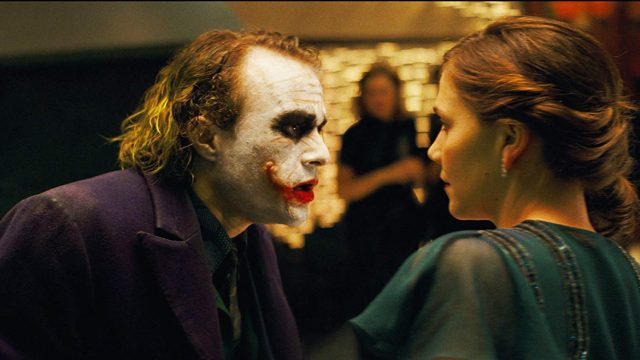
Let’s be honest: the Academy doesn’t always get it right. A lot of factors go into Oscar voting, including campaigning and industry politics. Also, times change and whitewashing was once far more prevalent. The list of past Academy Award winners includes some performances and characters most modern viewers would find offensive or at least in poor taste. However, there are those winners that have only become richer over time. We looked back at Oscar history to find the leading and supporting performances that still stand up to scrutiny: These are 13 great Oscar-winning performances that are worth celebrating. How many have you seen?
1
James Stewart, The Philadelphia Story (Best Actor)
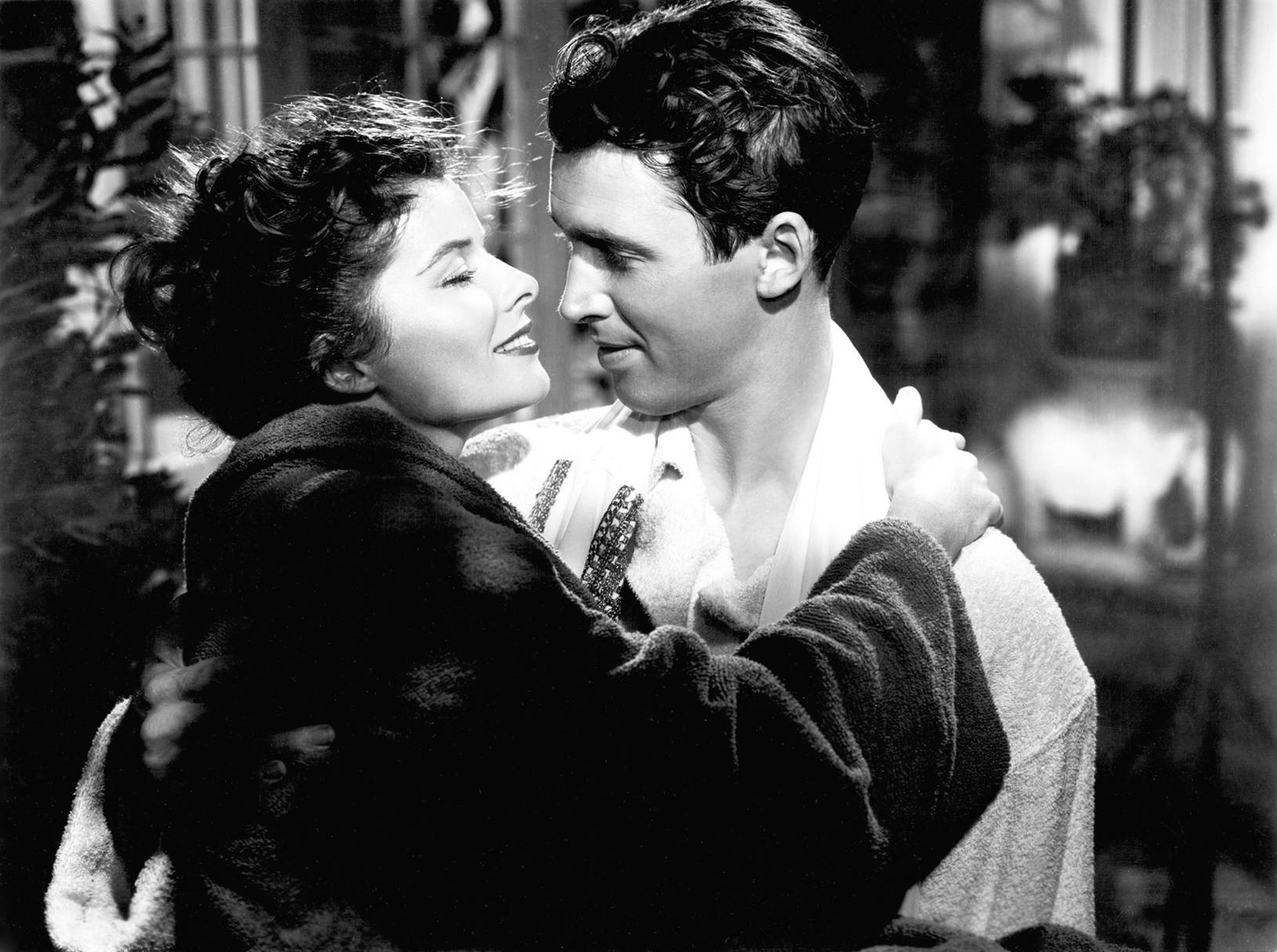
Though many felt that James Stewart’s 1940 Academy Award win was a belated honor for his performance in Mr. Smith Goes to Washington—which he lost to Robert Donat for Goodbye, Mr. Chips in 1939—his work in this love quadrangle comedy about a divorcée socialite’s second wedding holds up just as well. As tabloid reporter Mike Connor, he flirts with the inimitable Katharine Hepburn, shares equally appealing chemistry with Cary Grant, and pulls off one of the most endearing scenes in cinematic history when Mike and the bride-to-be have a little too much to drink the night before the wedding.
2
Anthony Hopkins, The Silence of the Lambs (Best Actor)
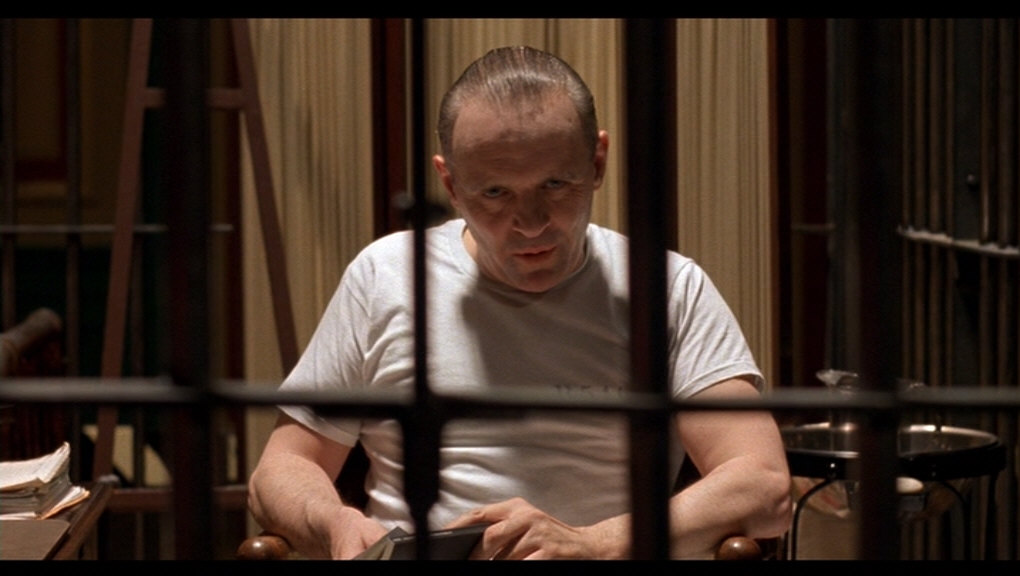
Anthony Hopkins wasn’t the first actor to play novelist Thomas Harris’ fictional cannibal Hannibal Lecter, but his disturbing turn in 1991’s The Silence of the Lambs is the one that likely haunts your dreams. His interplay with Jodie Foster’s bright but inexperienced FBI agent Clarice Starling is impossible to look away from: Hopkins plays all the layers of those scenes where she seeks his “expert” opinion on her current case. The sophisticated murderer toys with and tests Starling, who he sees as a kindred spirit in some twisted way. The acclaimed thriller got Oscar’s attention in several categories, though Hopkins’ win perhaps seemed like the surest shot.
3
Denzel Washington, Training Day (Best Actor)
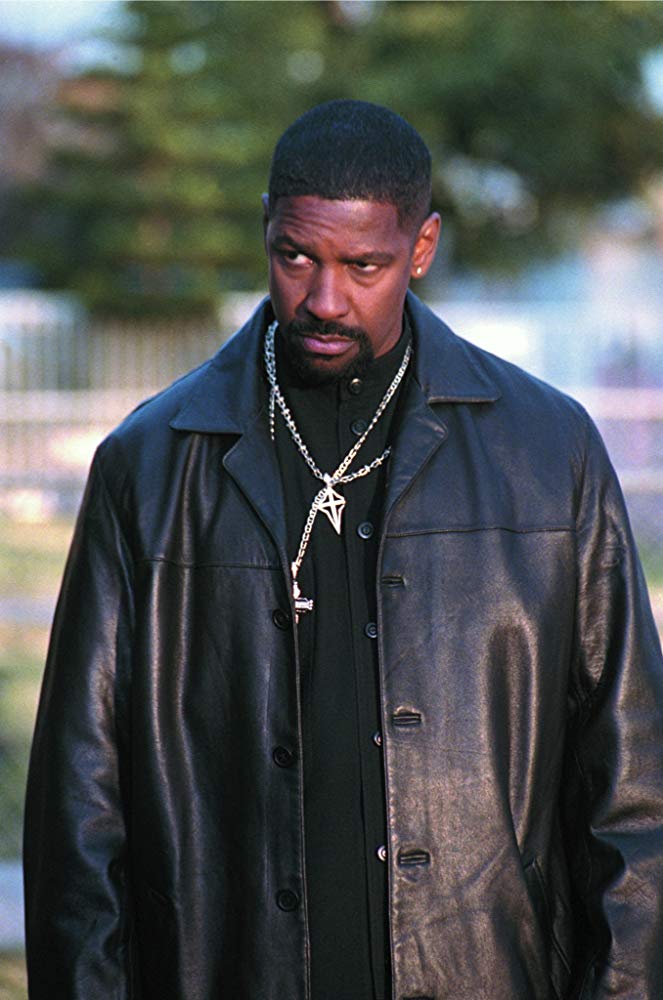
Playing against type worked out for Denzel Washington at the 2002 Academy Awards. He won his second Oscar for breaking bad in Training Day, a thriller about a veteran narcotics cop who lets a younger officer (Ethan Hawke) witness the full scope of his depravity over one day in L.A. (He won his first trophy for Best Supporting Actor for 1990’s Glory.) The movie exploited audiences’ blind trust of Washington’s characters to great effect—they were far too used to him embodying the hero. But Alonzo Harris showed a new side of the actor as he explored how corruption can both empower a person and rot him from the inside out.
4
Ingrid Bergman, Gaslight (Best Actress)
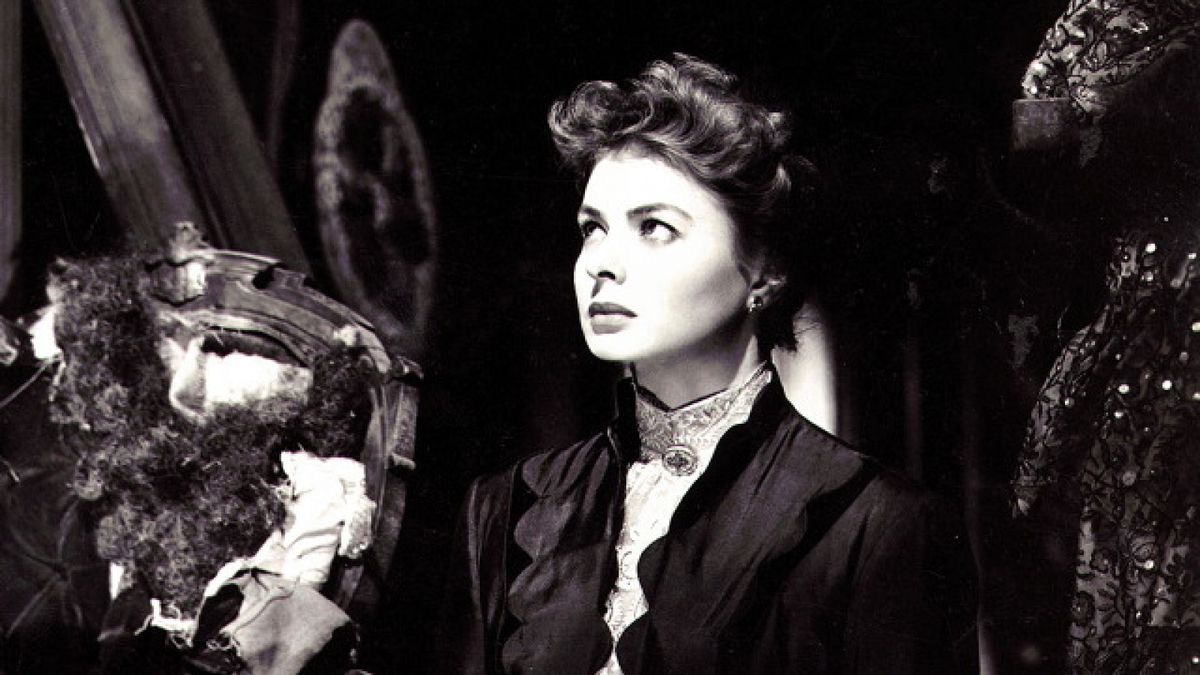
George Cukor’s 1944 psychological thriller Gaslight brought Swedish actress Ingrid Bergman the first of her three Oscars (with awards for Anatasia and Murder on the Orient Express to follow). Her performance as Paula Alquist Anton endures not just because of the vulnerability and strength Bergman gives the heroine, but because Paula’s experience of being made to think that she’s crazy by a man who has something terrible to hide is so universal. “Gaslighting” has become a well-known psychological term, and Bergman’s portrayal of an emotional abuse survivor is still hypnotizing, over 75 years later.
5
Cher, Moonstruck (Best Actress)
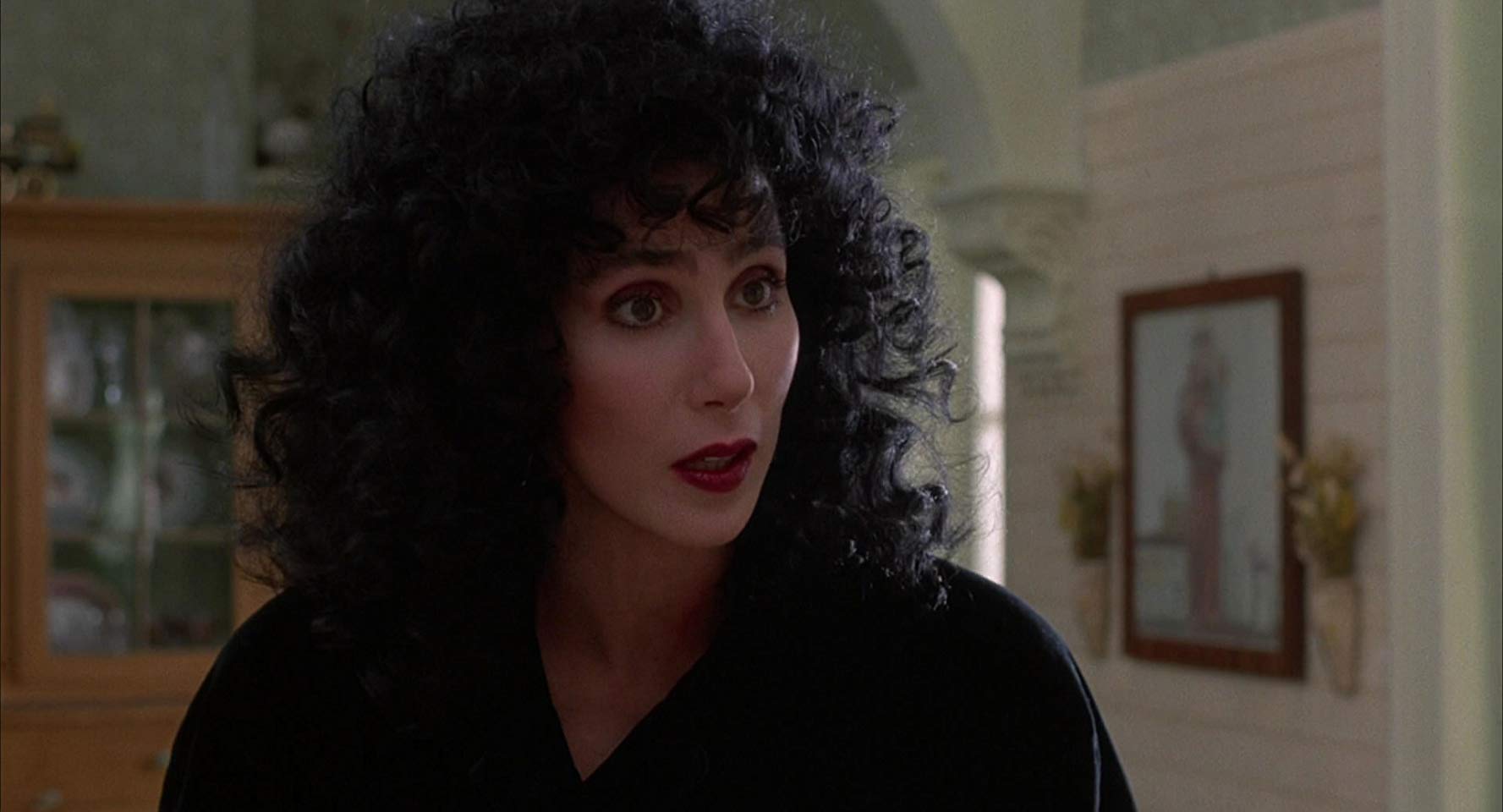
Four years after losing Best Supporting Actress for her performance in Silkwood, Cher picked up the 1988 Best Actress Oscar for her work in the magical, New York City-set romantic comedy, Moonstruck. She plays Loretta Castorini, a widow who decides to settle for a loveless marriage before being swept away by her fiancé’s impulsive younger brother (Nicolas Cage). An entertainer in every sense, Cher’s comic timing and instincts—along with her fearless interactions with her movie paramour—make Moonstruck as timeless as it is specific, and cut down any critics who doubted her acting prowess.
6
Halle Berry, Monster’s Ball (Best Actress)
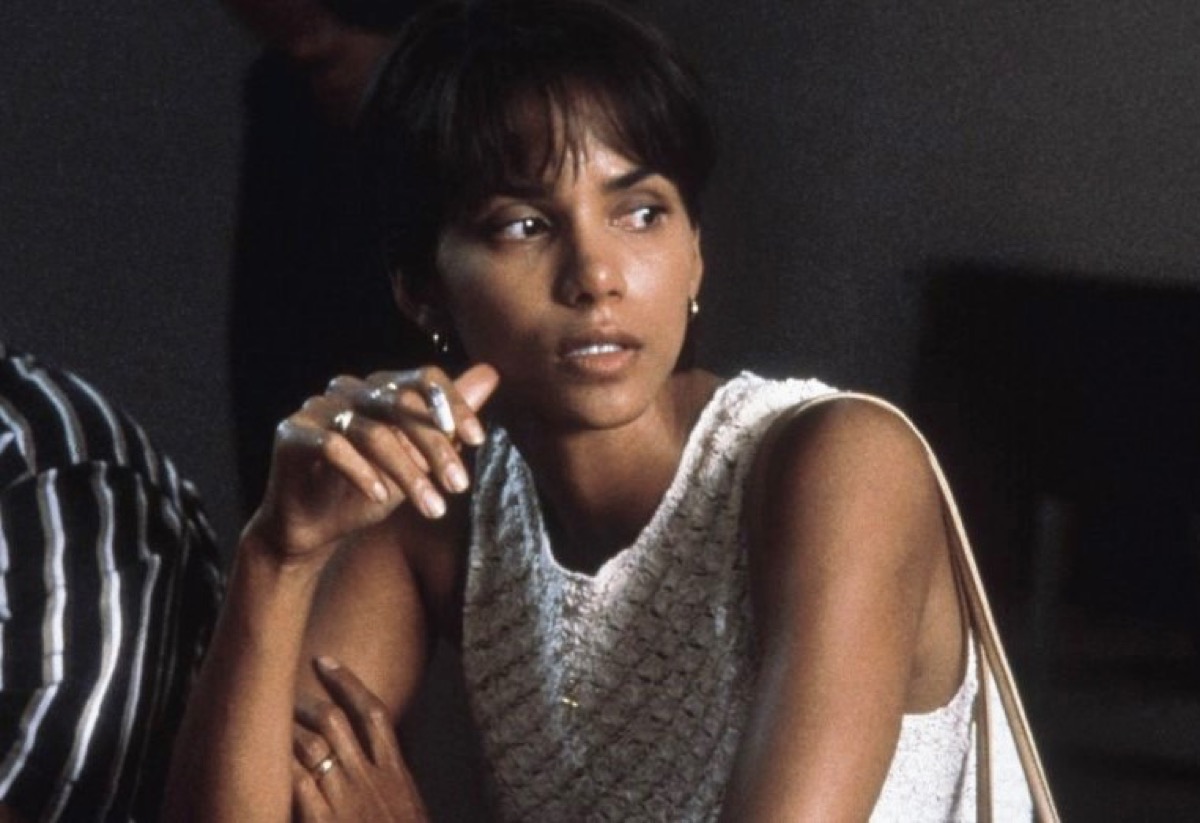
Halle Berry made history as the first black woman to win the Academy Award for Best Actress (albeit at the embarrassingly recent 2002 ceremony) for playing a widow who unknowingly becomes involved with the corrections officer (Billy Bob Thornton) who executed her husband (Sean Combs), a convicted murderer. In Berry’s hands, Leticia is never an archetype or a cliché in this gritty drama about racism and forgiveness. Her enduring sorrow and humanity inspired Roger Ebert to write in his review of the film that the final scene left him “thinking about [Leticia] as deeply and urgently as about any movie character [he could] remember.”
7
Rita Moreno, West Side Story (Best Supporting Actress)
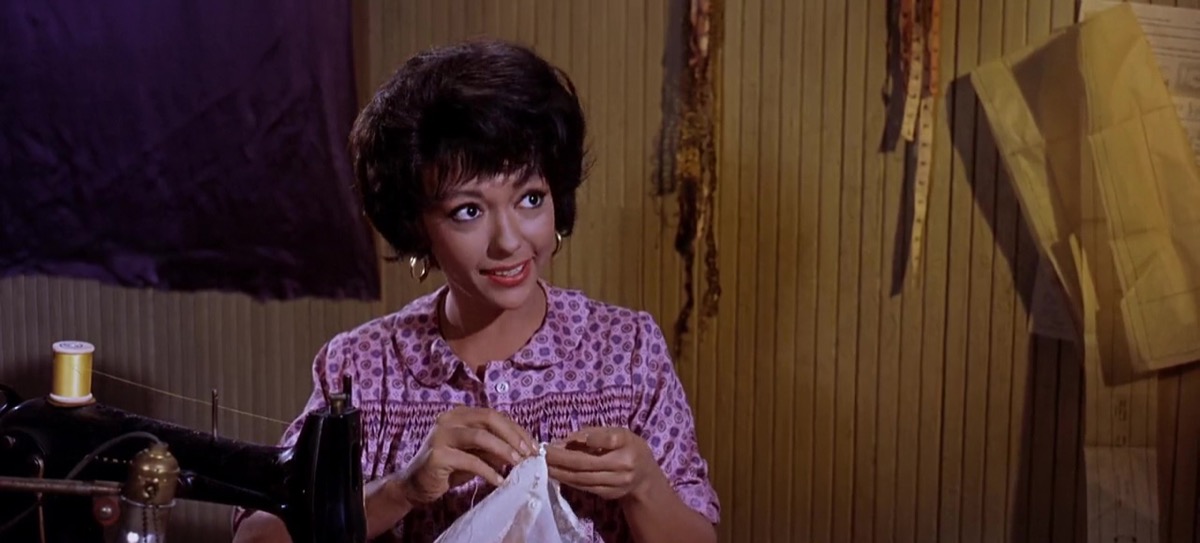
Rita Moreno is part of a prestigious club: she is an EGOT winner, meaning that she’s picked up an Emmy, a Grammy, an Oscar, and a Tony Award across her illustrious career. She crossed off the “O” in 1962 when she won the Academy Award for playing Anita, best friend to one half of the central pair of star-crossed lovers in the movie adaptation of West Side Story. If you need a quick jolt of energy, pull up her rendition of “America,” in which Anita shakes her skirts and belts out her appreciation of her New York City home. The Puerto Rican icon will serve as a bridge between eras when she appears as new character Valentina in Steven Spielberg’s 2020 West Side Story remake.
8
Ruth Gordon, Rosemary’s Baby (Best Supporting Actress)
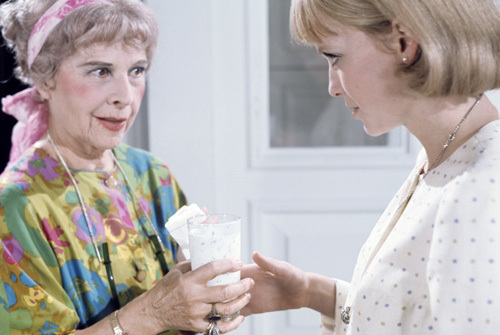
The 1968 movie adaptation of Ira Levin’s novel Rosemary’s Baby is just as chilling to watch now, particularly Ruth Gordon’s performance as Minnie Castevet, the seemingly kindly neighbor of Guy and Rosemary Woodhouse (John Cassavetes and Mia Farrow), an attractive young couple new to her building. Appearances can be deceiving, especially when you’re dealing with the devil and his minions. As the true nature of Minnie and her husband Roman’s (Sidney Blackmer) meddling in the Woodhouses’ life is revealed, Gordon’s flighty older woman turns into something much more monstrous and powerful.
9
Marisa Tomei, My Cousin Vinny (Best Supporting Actress)
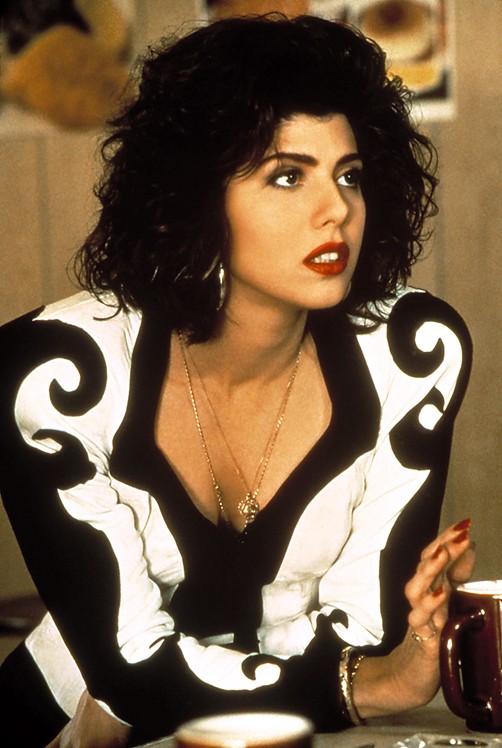
Maria Tomei’s 1993 Academy Award win for My Cousin Vinny was so unexpected that it launched a Hollywood rumor that just won’t die. Some actually believe that presenter Jack Palance read the wrong name and didn’t correct himself, which also requires them to believe that no one else, including the accountants, would have rectified his mistake. The truth of the matter is that the relative newcomer’s work as Mona Lisa Vito, the fiancée of Joe Pesci’s hack lawyer, is funny and enchanting. She steals scenes all over the place in the courtroom comedy, and no one can take that Oscar away from her.
10
Viola Davis, Fences (Best Supporting Actress)
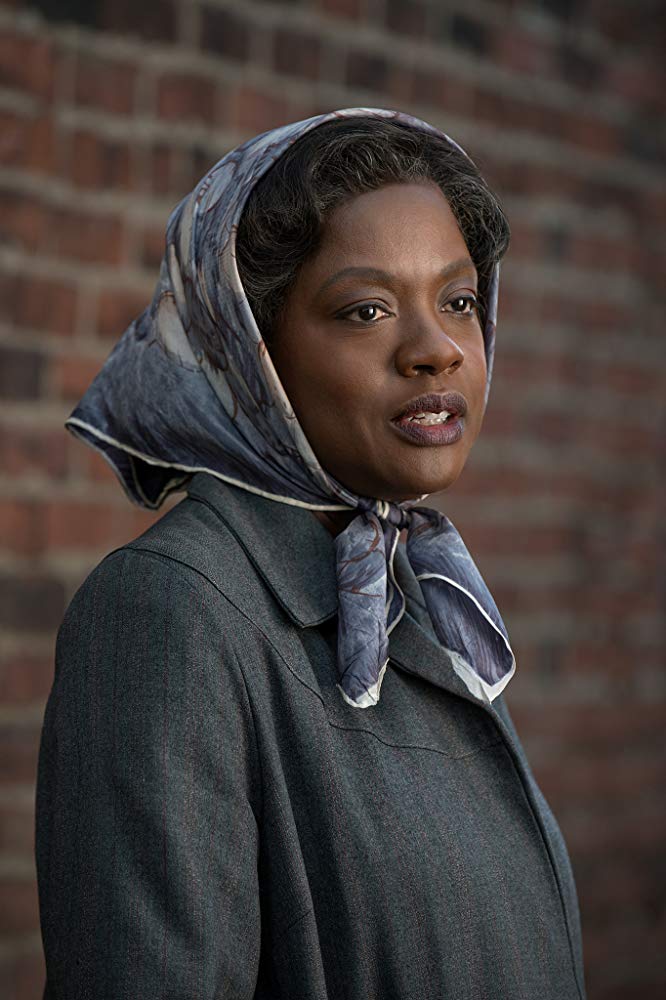
Viola Davis took the Oscar in 2017 for director and star Denzel Washington’s adaptation of August Wilson’s ‘50s-set play Fences. Davis had already won a Tony for playing the same role on Broadway—that of Rose Lee Maxon, wife to Troy (Washington), a garbage collector with a complicated past, and mother to Cory (Jovan Adepo), who resents his father’s attempts at tough love. But with Davis in the part, Rose is not simply defined by her relationships with the men in her life; the actress puts blood, sweat, and tears into rationalizing Rose’s tough choices, especially those that may otherwise be difficult for a modern audience to understand.
11
Robert DeNiro, The Godfather Part II (Best Supporting Actor)
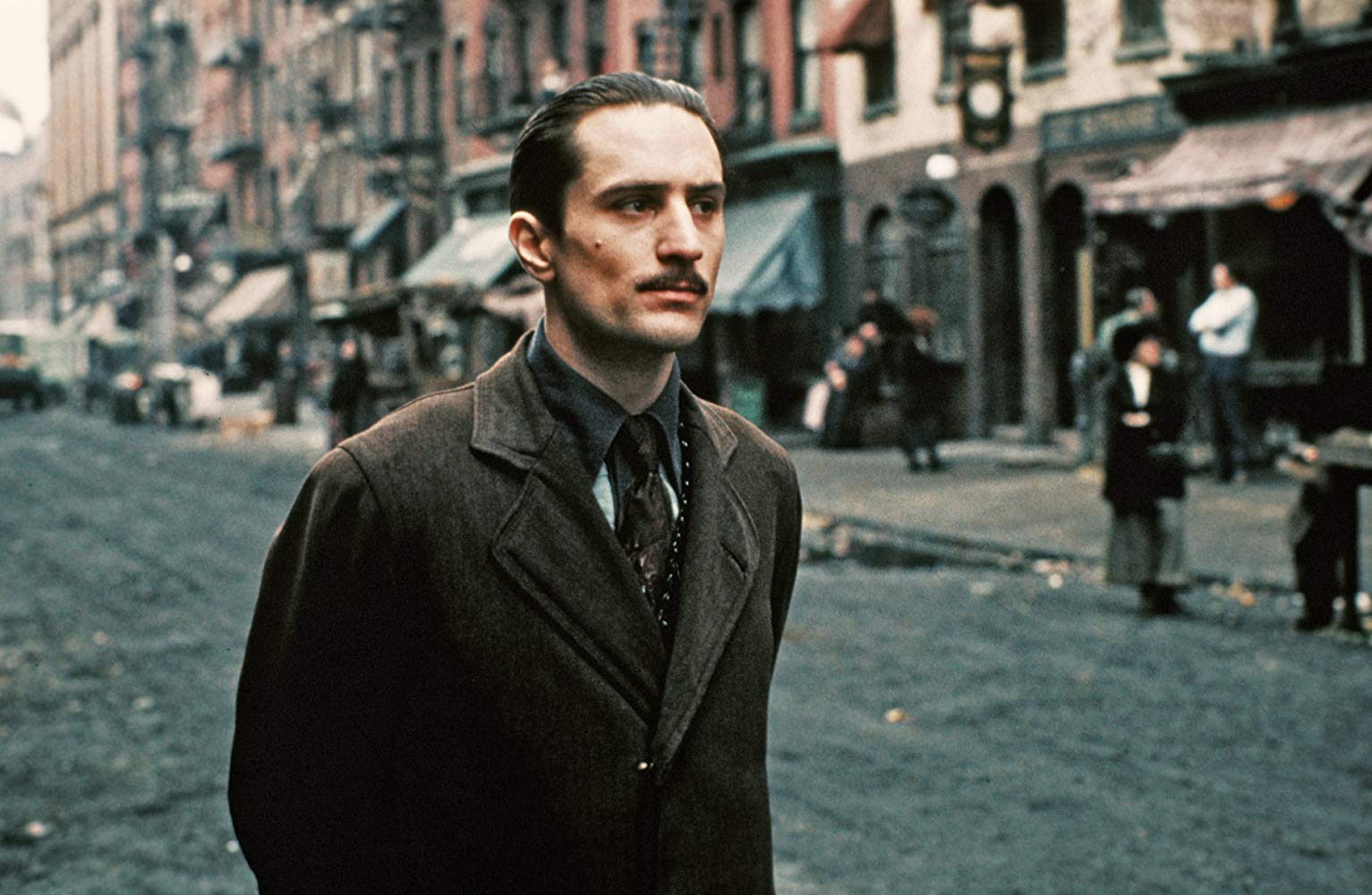
1974’s The Godfather Part II is now widely considered to be the rare sequel that improves upon the original, the leveling up including the casting of Robert De Niro as a young Vito Corleone. De Niro, who’d auditioned for several roles in the first film, spends much of The Godfather Part II speaking Italian as the movie tracks Vito’s early biography from his Sicilian youth to the development of his “family business.” This film, along with the previous year’s Mean Streets, made De Niro an actor to watch. He’d follow up this role with Travis Bickle in 1976’s Taxi Driver, for which he was also nominated, this time as the lead.
12
Mahershala Ali, Moonlight (Best Supporting Actor)

The first of two Oscars for Mahershala Ali (he’d win again in the same category for Green Book in 2019), Moonlight cast him as Juan, a drug dealer who takes a neglected young boy under his wing, fully aware that his own livelihood has contributed to the system that has damaged the boy’s mother. Though Ali only appears in the first part of the three-part film, his performance casts a spell over the rest of the narrative, as Little (Alex Hibert) becomes a teenager (Ashton Sanders) and then a man (Trevante Rhodes), carrying Juan’s influence with him. While the ensemble cast all received praise, The Guardian’s Peter Bradshaw called Ali “wonderfully charismatic,” and A.O. Scott pointed out for The New York Times that the character and the actor’s performance “[evoke] clichés of African-American masculinity in order to shatter them.”
13
Heath Ledger, The Dark Knight (Best Supporting Actor)

It’s useless to debate whether the late actor would have won an Academy Award for his portrayal of the Joker if it hadn’t been a posthumous honor. The tragic circumstances can’t be changed, as Heath Ledger passed away in 2008, before the second film in Christopher Nolan’s Batman trilogy was even released. What’s certain is that Ledger’s take on the agent of chaos remains fresh now, even with Joaquin Phoenix (Joker) owning the role in another cinematic universe. Otherwise regarded as a leading man, Ledger disappeared into the unhinged villain as any great character actor would, and left behind a legacy of being the first actor to win an Oscar for playing a comic book character.